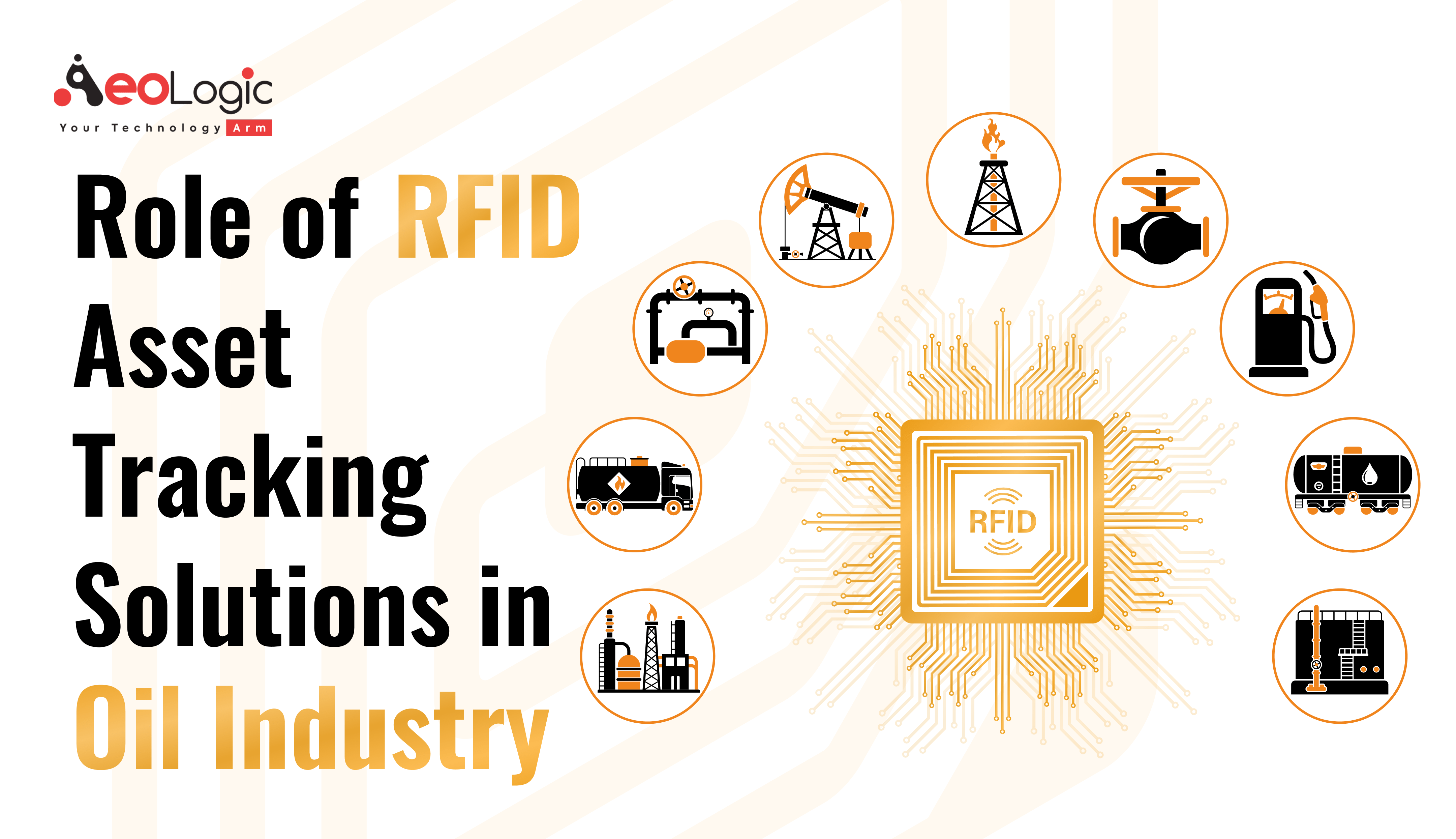Imagine a scenario where you can effortlessly monitor and locate critical assets in the vast and complex world of the oil industry. Sounds like a dream, right? Well, not anymore! Thanks to advanced technology, specifically RFID (Radio Frequency Identification) asset tracking solutions, the oil industry is experiencing a revolution in asset management. In this article, I will take you on a journey to explore the incredible role of RFID asset tracking solutions in the oil industry, and how they are transforming operations for the better.
What is Oil Industry?
Before delving into the benefits of RFID asset tracking, it’s important to understand the oil industry’s unique challenges. The oil sector involves a vast network of assets, including drilling equipment, pipelines, storage tanks, and transportation vehicles. Managing and monitoring these assets efficiently is vital for ensuring smooth operations, preventing losses, and maintaining safety standards.
What is RFID Asset Tracking?
RFID asset tracking is a technology that uses radio frequency signals to identify and track assets equipped with RFID tags. These tags consist of a microchip and an antenna that store and transmit data wirelessly. When an RFID reader sends a signal, the tag responds with its unique information, allowing for real-time tracking and monitoring.
Checkout our trending blog: Advantages of QR codes and Barcodes in Modern Business Technology
Benefits of RFID Asset Tracking in the Oil Industry
![]()
Implementing RFID asset tracking solutions in the oil industry brings numerous benefits.
Enhanced inventory management: RFID asset tracking allows for real-time visibility of assets, enabling accurate and efficient inventory management in the oil industry.
Improved operational efficiency: By automating asset tracking processes, RFID technology reduces manual labor, streamlines workflows, and enhances overall operational efficiency.
Increased asset utilization: RFID tracking enables better utilization of assets by ensuring their availability when needed, minimizing downtime, and optimizing resource allocation.
Enhanced safety and security: RFID asset tracking helps prevent theft, loss, and unauthorized access to valuable oil industry assets, thereby improving safety and security measures.
Regulatory compliance: RFID technology aids in maintaining compliance with industry regulations by providing accurate and auditable records of asset movements and inspections.
Cost savings: Efficient asset tracking through RFID reduces the risk of asset loss, lowers maintenance costs, and maximizes asset lifespan, resulting in significant cost savings for oil industry companies.
Data-driven decision-making: RFID asset tracking generates valuable data and analytics that can be leveraged to make informed decisions regarding asset management, maintenance scheduling, and operational optimization in the oil industry.
The implementation of RFID technology for asset tracking in the oil industry provides a modern, efficient solution for asset management, which can lead to improved operations, enhanced safety, and significant cost savings.
Also Read: RFID Asset Management Solutions for Your Operation
Overcoming Challenges and Concerns
While RFID asset tracking solutions offer significant benefits, some concerns may arise during implementation. One common concern is the initial cost of RFID systems. However, the long-term advantages, such as improved efficiency and reduced losses, outweigh the initial investment.
Another concern is data security. It is crucial to implement robust data encryption protocols and access controls to ensure the confidentiality and integrity of asset information. Additionally, regular system updates and patches should be applied to address potential vulnerabilities.
Best Practices for Implementing RFID Asset Tracking
To maximize the effectiveness of RFID asset tracking in the oil industry, it is important to follow best practices during implementation. First and foremost, conducting a thorough assessment of asset tracking needs and requirements is crucial. This helps in selecting the most suitable RFID system that meets specific operational needs.
Additionally, conducting pilot tests and trials can provide valuable insights into the functionality and effectiveness of RFID solutions in a real-world setting. This allows for adjustments and fine-tuning before full-scale implementation.
Moreover, providing adequate training to personnel responsible for asset tracking ensures smooth adoption and utilization of RFID technology. Employees should be familiarized with the RFID system’s functionalities and trained on proper usage and maintenance.
Future Trends and Innovations
Looking ahead, the future of RFID asset tracking in the oil industry holds promising advancements. One emerging trend is the integration of RFID with other cutting-edge technologies like Internet of Things (IoT) and Artificial Intelligence (AI). This combination enables advanced analytics, predictive maintenance, and real-time monitoring, further optimizing asset management processes.
Additionally, advancements in RFID tag design and durability will allow for enhanced performance in harsh oil industry environments. Tags with improved resistance to extreme temperatures, moisture, and chemicals will ensure reliable and long-lasting asset tracking.
Do you Know? Benefits of RFID Asset Tracking in the Supply Chain
Final Words
RFID asset tracking solutions have transformed asset management in the oil industry. The ability to accurately track and monitor valuable assets brings significant benefits, including improved inventory management, enhanced safety and security, streamlined maintenance processes, and increased operational efficiency.
Implementing RFID technology in the oil industry is a strategic decision that leads to cost savings, improved profitability, and better compliance with safety regulations. By overcoming initial concerns, following best practices, and embracing future trends, companies in the oil industry can unlock the full potential of RFID asset tracking solutions.
To truly understand and leverage the power of RFID asset tracking solutions in the oil industry, connect with us at Aeologic Technologies, where we pioneer innovation and navigate the future, today.
FAQs
Can RFID asset tracking be used in offshore oil platforms?
Yes, RFID asset tracking can be used in offshore oil platforms. The technology is designed to withstand harsh environments and can accurately track assets even in remote locations.
What are the potential cost savings associated with RFID asset tracking?
RFID asset tracking can result in cost savings by reducing inventory discrepancies, preventing asset loss, optimizing maintenance processes, and improving operational efficiency. The exact savings will vary depending on the size and complexity of the operation.
Is RFID technology compatible with existing asset management systems?
Yes, RFID technology can be integrated with existing asset management systems. With proper planning and implementation, RFID systems can seamlessly integrate with other software and databases.






